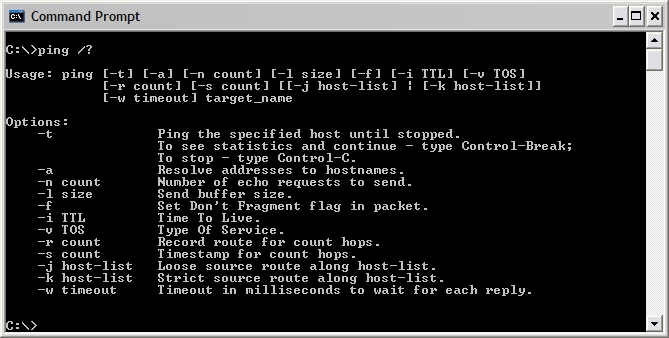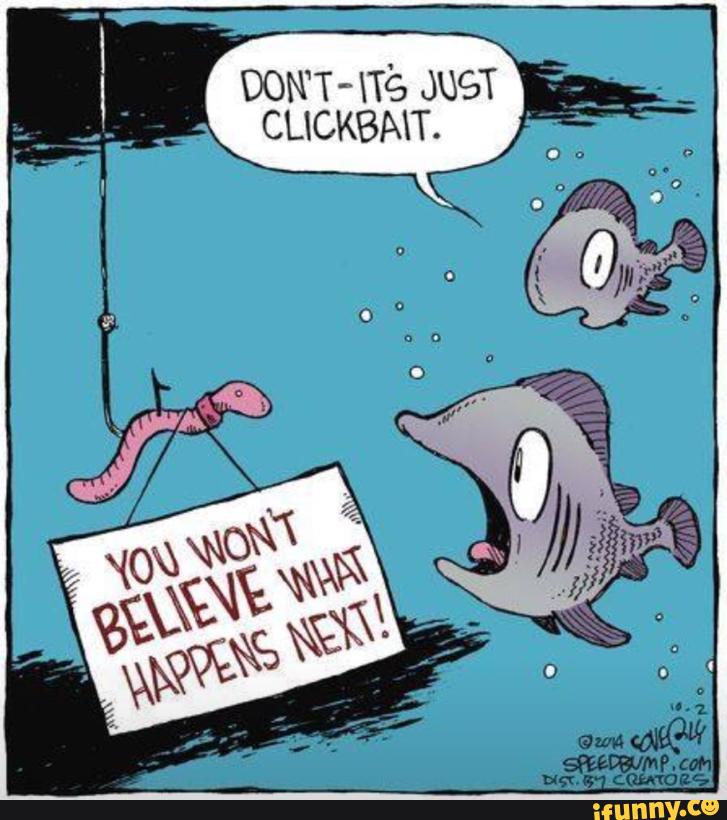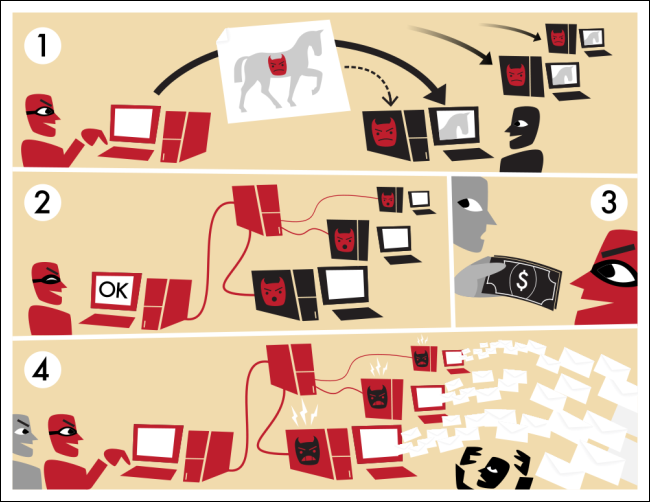Every year, more than a thousand new words are added to the Merriam-Webster dictionary and we’re all excited to see what terms will officially be documented and considered a part of the English language.
Actually, have you ever wondered how Merriam-Webster decides what to include? The answer — everyday usage. If people use those words in daily speech, they have a shot of making into the official dictionary. This means it can contain words and acronyms you wouldn’t expect to be cited by a traditional English language dictionary.
Thus, it isn’t any wonder why the dictionary is filled with new and not-so-well-known terms from all areas including science, medicine, pop culture, sports, and just about everything in between. And with the constant growth of technology, the English language grows as well.
That being said, we thought it would be fun to search for new tech terms that have been added to the dictionary and are now considered a part of our everyday language. We created a list of the most interesting ones. Don’t believe us? Take a look for yourself.
1. NSFW
A not so “traditional” tech word, but it can easily fit into today’s conversation. It’s still unclear whether it means “not safe for work” or “not suitable for work” (both are commonly used), but one thing is certain — it’s used to warn someone that internet content (a website, image or something else) is inappropriate for the typical work environment. And we thank whoever came up with the term for that.

Image Source: LinkedIn.com
2. Open Source
If you haven’t heard about an open–source term before then you are probably not sitting next to a developer. Open-source (OS) refers to computer software that is freely available for others to make modifications and changes with distribution accessible to anyone and for any purpose. Sound’s a bit geeky, right?
3. Ping
Not to be mistaken with Ping Pong (table tennis), a Ping is completely different from Ping Pong sharing nothing in common with it. Technically, it measures the round-trip time of a signal sent from one computer (host) to a destination computer across the network. The program also reports errors and presents you with a summary of the results. Not even close to Ping Pong!

Image Source: DSLReports.com
4. Clickbait
Quick explanation — Clickbait is something that business are making fortune from. It’s a term that describes any marketing content whose goal is to attract consumers to click on a hyperlink, allowing companies to generate online advertising revenue. The trickery relies on sensational headlines and eye-catching thumbnail pictures to attract those click-throughs. Sneaky.

Image Source: ifunny.co
5. Net Neutrality
In broad terms, net neutrality promotes the idea that everything on the internet should be equally accessible. Healthy competition is acceptable and the internet should be a place for all those amazing ideas and content to compete, but always on equal terms. “The idea, principle, or requirement that Internet service providers should or must treat all Internet data as the same regardless of its kind, source, or destination” is a slogan that defines net neutrality. And we agree.
6. GIF
If you have a problem and don’t know if you should pronounce it “GIF” or “JIF”, you’re not alone. The Merriam-Webster dictionary lists both of those two pronunciations, so you can use whichever you prefer. Despite the variation in pronunciation, the word refers to a file format for the compression and storage of digital information. A format that is a true gift. Or is it “jift”?

Image Source: PopularMechanics.com
7. Botnet
One not-so-pleasant term crawled into this list. Botnets refer to computers that are responsible for infecting massive networks. You can imagine them as networks of bots linked together by malware that can create damage measured in millions of dollars. It takes only one click on an email attachment and you become a part of a botnet army. We live in a scary world, indeed.

Image Source: HowToGeek.com
8. Backward Compatible
Maybe you haven’t heard of this expression, but you’ve undoubtedly understood its meaning at one point or another. Backward Compatible means that your computer hardware or software can be used with an older piece of technology without any special adaptation. For example, games that are for Xbox 360 (an older version) can also be played on Xbox One without modification. In other words, you can now get Call of Duty: Black Ops 2 for the Xbox One that’s finally backward compatible.

Image Source: SegmentNext.com
9. Click Fraud
Click fraud is a term that describes how certain organizations are able to take advantage of a search engines’ pay-per-click (PPC) online advertising. The fraud occurs when an automated script or computer program imitates a real web user and clicks on the ads without having an actual interest. It’s a practice of repeatedly clicking on an advertisement with the intention of generating revenue for the host web.

Image Source: Virool Blog
Bonus:
Face-Palm
The expression says it all, but here’s the full explanation — it means to cover one’s face with his or her hands as an expression of embarrassment or a gesture in exasperation. While this word has been widely used in pop culture for years, it was just recently added to the Merriam-Webster dictionary in February 2017 (face-palm).

Image Source: Desiderians
That’s it. Take a look at these words and just think about them for a second. Believe it or not, they represent the way in which our language is evolving. And Merriam-Webster is already working on the next batch!



